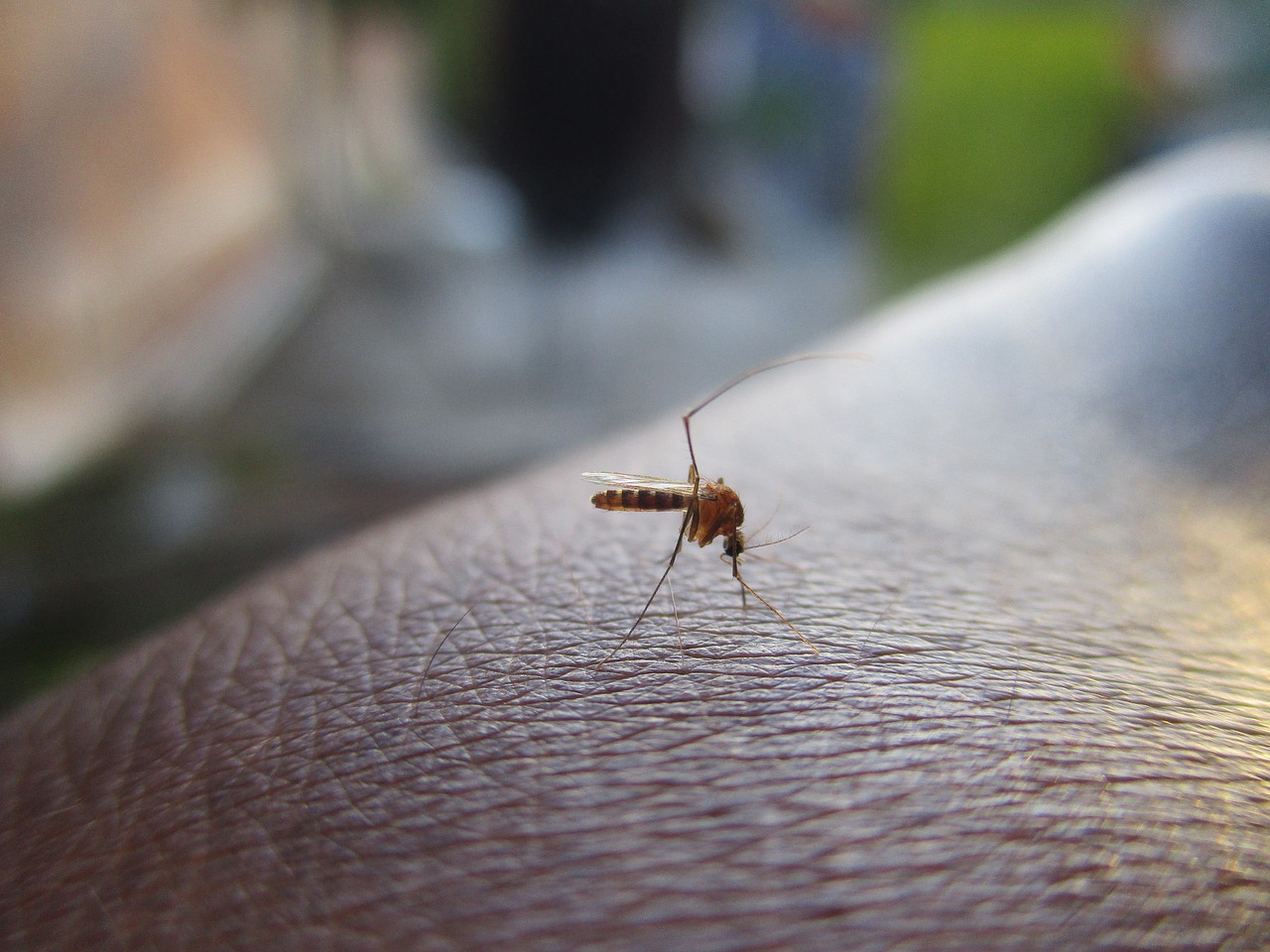The Department of Health is reminding residents and travellers in the south-west region of Western Australia, including the Perth metropolitan area, to take precautions to avoid mosquito bites over the coming months.
The warning follows the first detection of mosquito-borne disease activity in the region for the 2017/18 mosquito season.
Managing Scientist of Environmental Health Hazards, Dr Michael Lindsay said the mosquito and virus surveillance program undertaken by the Department of Health had detected Barmah Forest virus (BFV) for the first time this season in the south-west.
“The detection coincides with increases in mosquito numbers in coastal areas of the south-west linked to the recent warmer spring weather,” Dr Lindsay said.
“Notifications of human cases of Ross River virus (RRV) have also been relatively high over recent weeks in residents of the Perth metropolitan area, indicating that the virus is active.”
BFV is similar to RRV although is generally less severe. Symptoms of both diseases include painful or swollen joints, sore muscles, skin rashes, fever, fatigue and headaches. Symptoms can last for weeks or months and the only way to properly diagnose the viruses is by having a specific blood test.
There is no cure for RRV or BFV so it is very important that people take care to prevent being bitten by mosquitoes. In the south-west of WA (including the Perth metropolitan area), the viruses are generally most active in late spring and summer.
Dr Lindsay said that mosquito management was being undertaken by local government authorities in collaboration with the Department of Health in areas with a recognised risk of RRV and BFV infection.
“However, it is not realistic to rely on mosquito management programs alone to control mosquitoes – individuals living in or traveling to the region also need to take their own precautions to avoid mosquito bites,” he said.
People living or travelling in the south-west region should adopt the following simple measures to prevent mosquito bites:
- avoid outdoor exposure particularly around dawn and dusk when mosquitoes are most active
- wear protective (long, loose-fitting, light coloured) clothing when outdoors
- apply a personal repellent containing diethyltoluamide (DEET) or picaridin evenly to all areas of exposed skin
- empty or cover any standing water around the home or holiday accommodation to reduce mosquito breeding
- ensure insect screens are installed and remain in good condition
- use mosquito nets or mosquito-proof tents when camping or sleeping outdoors
- ensure infants and children are adequately protected against mosquito bites, preferably with suitable clothing, bed nets or other forms of insect screening.
With summer approaching, it is also a timely reminder for residents to minimise mosquito breeding around the home by taking some simple steps to remove or modify breeding sites. Residents should:
- dispose of all containers which hold water
- stock ornamental ponds with fish and keep vegetation away from the water’s edge
- keep swimming pools well chlorinated, filtered and free of dead leaves
- fill or drain depressions in the ground that hold water
- fit mosquito proof covers to vent pipes on septic tank systems. Seal all gaps around the lid and ensure leach drains are completely covered
- screen rainwater tanks with insect proof mesh, including inlet, overflow and inspection ports
- ensure guttering does not hold water
- empty pot plant drip trays once a week or fill them with sand
- empty and clean animal and pet drinking water bowls once a week.
For more information on how to prevent mosquito bites visit: https://healthywa.wa.gov.au/fightthebite



































